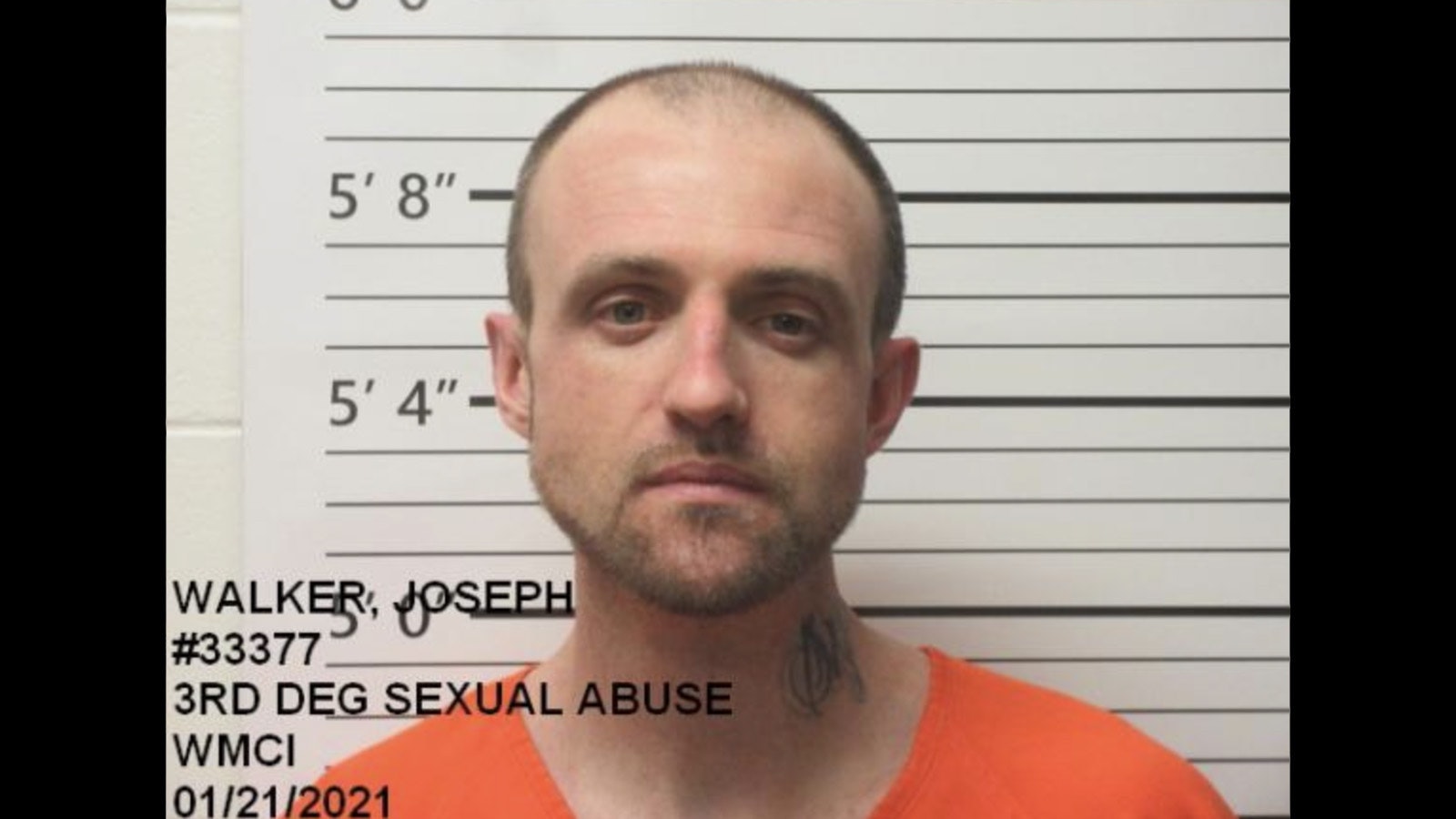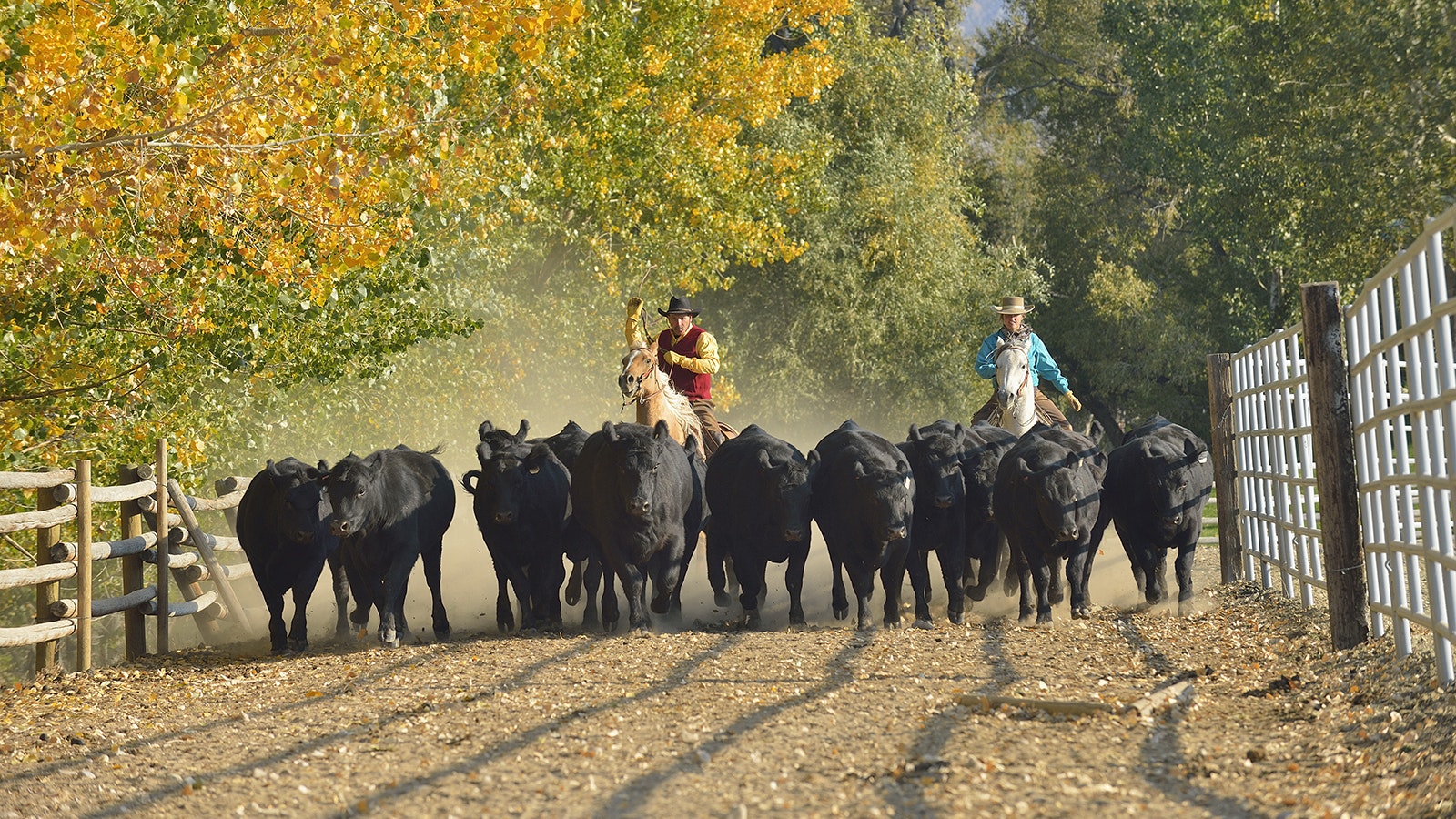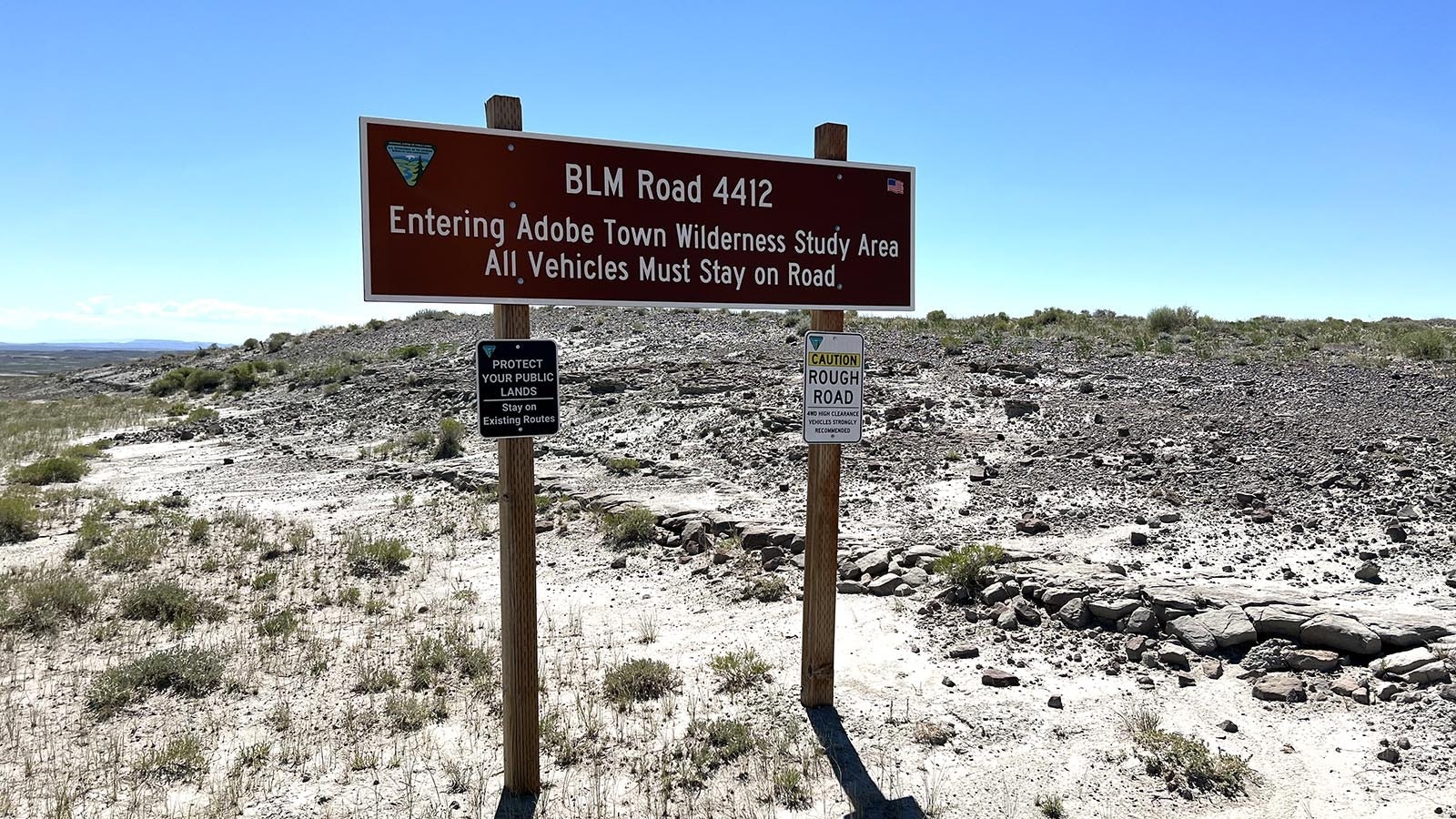Clair McFarland, General Assignment Reporter
Clair@CowboyStateDaily.com
A Campbell County man sentenced to between seven and 10 years in prison for sexually groping his host’s 15-year-old daughter can seek a new trial for two of his four convictions.
Joseph R. Walker, 37, was sentenced Dec. 1, 2020, on three counts of third-degree sexual abuse of a minor and one count of attempted second-degree sexual abuse of a minor, for touching and trying to have oral contact with a 15-year-old girl’s genital region while he was living with her family earlier that year.
In Wyoming, it is a felony for an adult to engage in sexual acts with someone 15 or younger if there is more than a four-year age difference between them.
The Girl’s Testimony
A jury acquitted Walker of two more charges, which were also for third-degree sexual abuse of a minor, or sexual contact.
But as they were charged, the five counts of third-degree sexual abuse all had referred to nearly identical instances. The charges all were based on the girl’s testimony that Walker entered her room while she was on her bed, playing on her phone, and touched her genitalia, during a rough timeframe of late January and early February 2020.
In its Dec. 19 remand order giving Walker an opportunity for a new trial, the Wyoming Supreme Court upheld two of the jury’s convictions: one for sexual touching and another for attempted second-degree sexual abuse of a minor, relating to when Walker tried to have oral sex with the girl and she ran out of her room to get away.
But two more convictions of sexual touching have been sent back to Campbell County District Court for a new trial or possible plea agreement.
Which Time?
In reversing those convictions, the high court determined that Walker’s jury could have gotten confused about the different instances of sexual touching because the jury instructions didn’t specify the instances using unique circumstances of each.
That’s a problem the prosecutor tried to remedy in the closing argument by noting that during one of the instances Walker took off his clothes; the girl was in sweatpants during one encounter and in underwear during another.
But two of the charges still were difficult to distinguish, especially since the jury instructions were identical, the high court determined.
Wyoming’s Constitution guarantees defendants the right to be convicted only by a unanimous jury. If jurors are all convicting on one charge but thinking of different criminal instances in their minds, that unanimity right has been violated, the order says.
Difficult Cases To Prosecute
The problem of several consecutive instances of sexual abuse against minors running together in criminal cases plagues courts across the country, the high court said in its order.
“We are mindful of the difficulty faced by the prosecution in case such as this,” the order reads. “Because the victims are children and often do not have a recollection of the specific dates on which the abuse occurred, the State in charging the criminal conduct often attempts to set forth in generic terms the alleged criminal conduct within a certain timeframe.”
That was also true in this case. During her testimony at Walker’s trial, the teen had some difficulty explaining how many times Walker had groped her, what made each instance unique, and on what dates they occurred.
She said she’s been placed on an individualized education plan at school in which she’s required to keep a calendar handy because she struggles with keeping track of time.
The high court also quoted a past case in a different court, saying juries “are left with minimal guidance when the … scenario of indistinguishable acts of abuse … become the nightmarish reality for some innocent child.”
The state Supreme Court didn’t find evidence from the trial record that the jury was confused in Walker’s case, but it said it would have no way of knowing if the jury would have been confused if, in fact, the jury was “misled” by the vague jury instructions.





